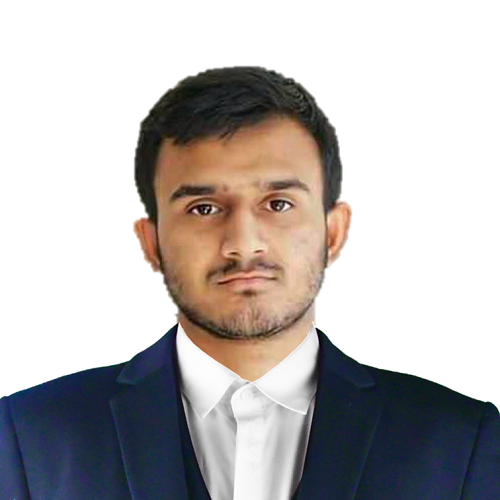Founders
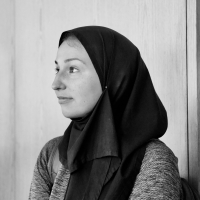
Marzyeh Ghassemi Associate Professor, MIT Dr. Marzyeh Ghassemi is an Associate Professor at MIT in Electrical Engineering and Computer Science (EECS) and Institute for Medical Engineering & Science (IMES), and a Vector Institute faculty member holding a Canadian CIFAR AI Chair and Canada Research Chair. She holds MIT affiliations with the Jameel Clinic and CSAIL. Professor Ghassemi holds a Herman L. F. von Helmholtz Career Development Professorship, and was named a CIFAR Azrieli Global Scholar and one of MIT Tech Review’s 35 Innovators Under 35. Previously, she was a Visiting Researcher with Alphabet’s Verily and an Assistant Professor at University of Toronto. Prior to her PhD in Computer Science at MIT, she received an MSc. degree in biomedical engineering from Oxford University as a Marshall Scholar, and B.S. degrees in computer science and electrical engineering as a Goldwater Scholar at New Mexico State University. Professor Ghassemi has previously served as a NeurIPS Workshop Co-Chair and General Chair for the ACM Conference on Health, Inference and Learning (CHIL). She also founded the non-profit Association for Health Learning and Inference. Professor Ghassemi has published across computer science and clinical venues, including NeurIPS, KDD, AAAI, MLHC, JAMIA, JMIR, JMLR, AMIA-CRI, Nature Medicine, Nature Translational Psychiatry, and Critical Care. Her work has been featured in popular press such as Fortune, MIT News, NVIDIA, and The Huffington Post.
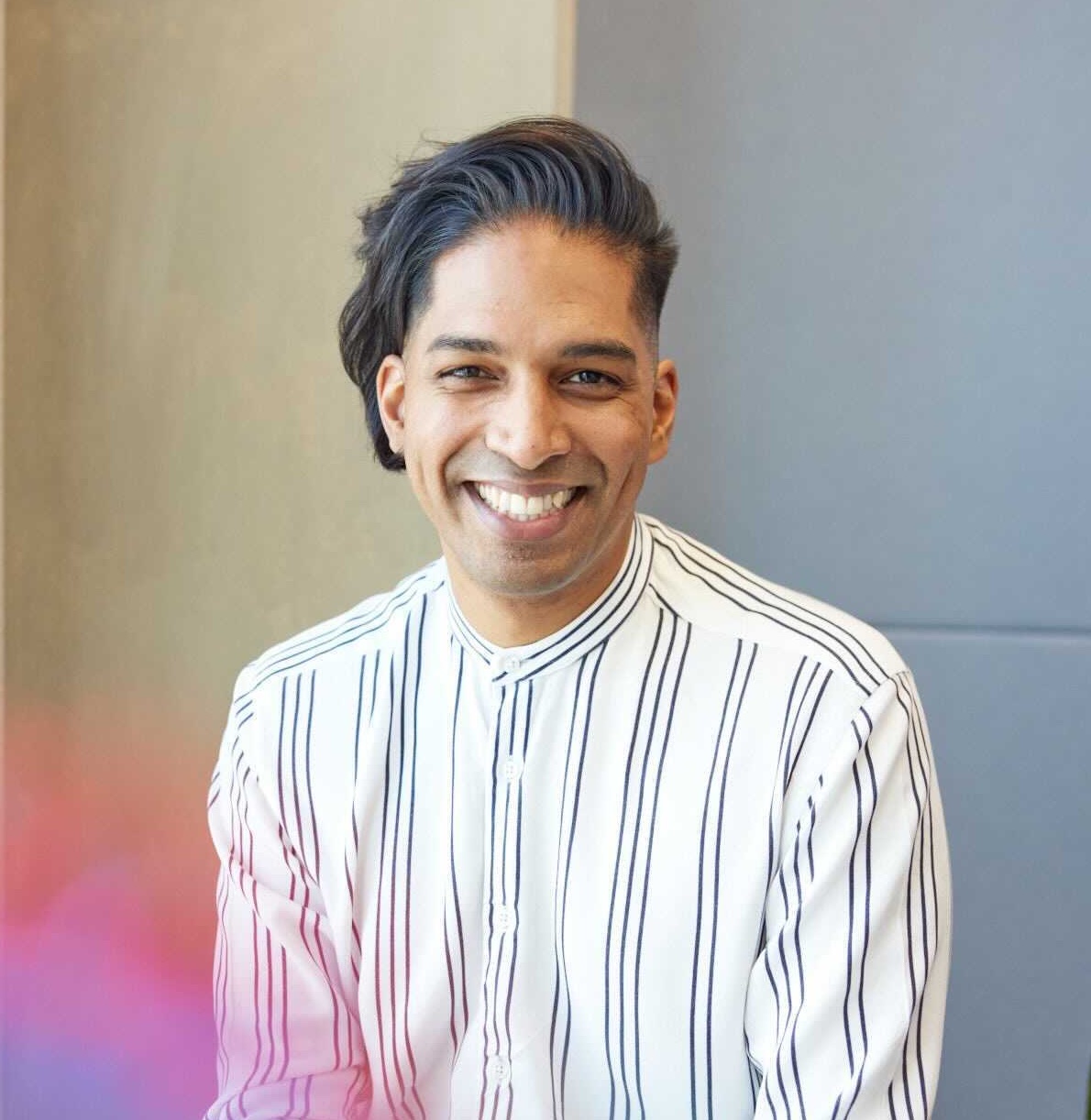
Shakir Mohamed Research Director - AI, Science and Society, Google DeepMind Shakir Mohamed is a scientist and engineer working at the intersection of statistical machine learning and artificial intelligence. His research blends multiple disciplines, guided by three pillars: probabilistic foundations of intelligence, addressing global challenges, and transformative social impact. He develops methods for probabilistic reasoning and agent-based decision-making, with applications in healthcare, the environment, and initiatives that foster diversity, responsibility, and freedom. He also writes about the interplay of computational, epistemological, and social paradigms on his blog: blog.shakirm.com. Shakir is a Director of Research at Google DeepMind in London, where he has been since its early startup days in 2013. He is a founder and Chair of the Board of Trustees of the Deep Learning Indaba, a non-profit dedicated to strengthening African AI and ML communities. He also holds academic positions as an Associate Fellow at the Leverhulme Centre for the Future of Intelligence (University of Cambridge) and Honorary Professor at University College London (UCL). Previously, he was a Junior Research Fellow at CIFAR in the Neural Computation and Adaptive Perception program, based at UBC with Nando de Freitas. He earned his PhD under Zoubin Ghahramani at the University of Cambridge as a Commonwealth Scholar and completed his undergraduate studies in Electrical and Information Engineering at the University of the Witwatersrand, Johannesburg, South Africa.
Steering Committee
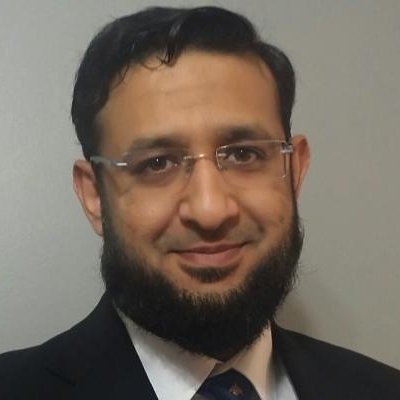
Suleiman Ali Khan Sr. Applied Scientist, Amazon, Seattle Suleiman is a Sr. Applied Scientist at Amazon, and the science lead for Amazon Catalog's flagship generative AI. He is a fellow at Turku University of Applied Sciences where he is a member of the steering committee for Privacy Preserving ML. He did his PhD in Bayesian Machine Learning with Prof. Samuel Kaski in 2014 from Aalto University, Finland, and shapes his research interests around generative models and federated learning. He has published 50+ peer-reviewed articles with 3000+ citations, including Nature Biotechnology, ICML, AISTATS, KDD, ECML, Lancet Oncology, and Machine Learning. He is a reviewer at IEEE TPAMI, TSP, JMBI, Biostatistics, Scientific Reports and ISMB. He has organized multiple scientific meetings, 2x European Bioinformatics meetings, and 11x ML workshops at Amazon.
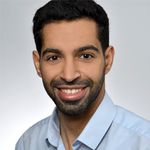
Ahmed Youssef Incoming AI Staff Engineer, GenAI Center of Excellence, Synopsys Ahmed Youssef is an incoming AI Staff Engineer at Synopsys, where he will join the GenAI Center of Excellence to work on scalable generative models, foundation model optimization, and AI for chip design and scientific computing. He recently completed his Ph.D. in Particle Physics with a focus on Machine Learning at the University of Cincinnati, where he developed data-driven methods to simulate particle collisions and model hadronization. His research has been conducted in collaboration with CERN, Fermilab, Berkeley, and MIT, and includes research visits to CERN, TU Dortmund, the University of Heidelberg, and IST Austria. Ahmed has presented at NeurIPS, ICNLP, and the ML4PhysicalSciences community, and has been an invited speaker at venues such as Google DeepMind, IAIFI at MIT, and other major academic and industry gatherings. His contributions have been recognized with fellowships including Lab2Market for AI-driven innovation, the URC Fellowship for research excellence, and the Deutschland Scholarship for academic achievement.
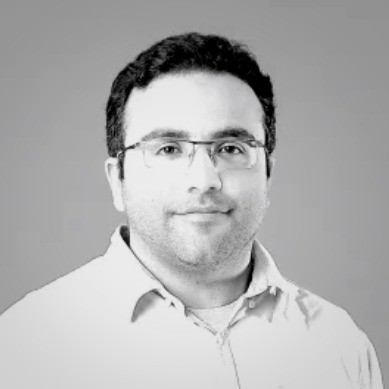
Ehsaneddin Asgari Research Faculty, Qatar Computing Research Institute Ehsanoddin Asgari is a scientist at the Qatar Computing Research Institute (QCRI), working on multilingual and multimodal language processing, with applications spanning the processing of world's low-resource natural languages to language modeling of biological sequences and chemical compounds. Ehsan completed his Ph.D. at the University of California, Berkeley, and his master's from the École Polytechnique Fédérale de Lausanne (EPFL). Before joining QCRI, he was an NLP technical lead at the Volkswagen Group at Data:Lab and conducted part-time postdoctoral research at the Helmholtz Research Center for Infection Research. His previous roles include research positions at MIT's CSAIL, MIT Brain and Cognitive Sciences, the NLP group at LMU Munich, ABB Research, and the University of Illinois at Urbana-Champaign's Singapore research center (ADSC)
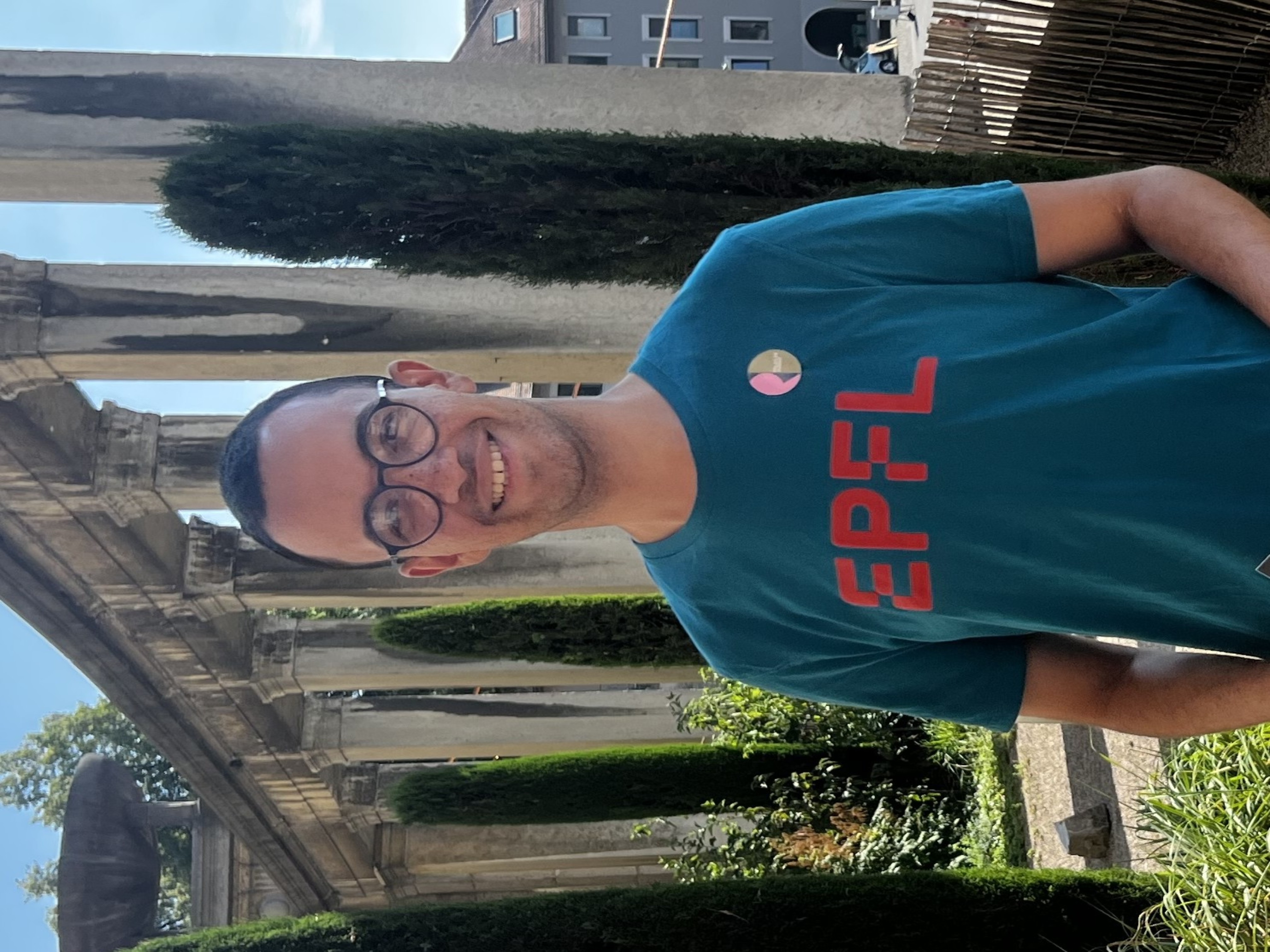
Gasser Elbanna PhD Candidate, Harvard University Gasser Elbanna is a PhD Candidate in Speech and Hearing, Bioscience and Technology program at Harvard University. He currently works at the Laboratory for Computational Audition at MIT where he studies the underlying perceptual and neural mechanisms of speech perception using artificial neural networks. Gasser holds a masters degree in Neuroscience and Neuro-engineering from École Polytechnique Fédérale de Lausanne (EPFL), Switzerland. He completed his undergraduate degree in Systems and Biomedical Engineering at Cairo University, Egypt. During his masters, Gasser was awarded the Bertarelli Fellowship to work as a graduate research intern at MIT and Harvard Medical School working in the Senseable Intelligence Group at the McGovern Institute for Brain and Cognitive Sciences.
Azmine Toushik Wasi Graduate, Shahjalal University of Science and Technology Azmine Toushik Wasi is a researcher specializing in AI4Science, Biomedical AI, Generative AI, AI agents, and reasoning, with applications in structural biology, therapeutics, clinical domains, and molecular machine learning. He actively integrates Graph Neural Networks, Digital Twins, and Human-Centered AI into these areas, while pursuing interdisciplinary work that bridges computational biology, industrial engineering, human-computer interaction, and computational social science. Azmine collaborates with researchers at institutions including King Saud University, Hanyang University, Carnegie Mellon University, Microsoft Research, and Cohere Labs. His work has been accepted in venues such as ICLR, WWW, NeurIPS, ICML, AAAI, COLING, DASFAA, and CSCW, and he serves as a regular reviewer for major AI-ML conferences. He is also a Kaggle Grandmaster with three years of experience in AI-driven product automation and project management. Beyond his technical contributions, he engages in AI policy, governance, and safety research, aiming to ensure the development of transparent, fair, and reliable AI systems.
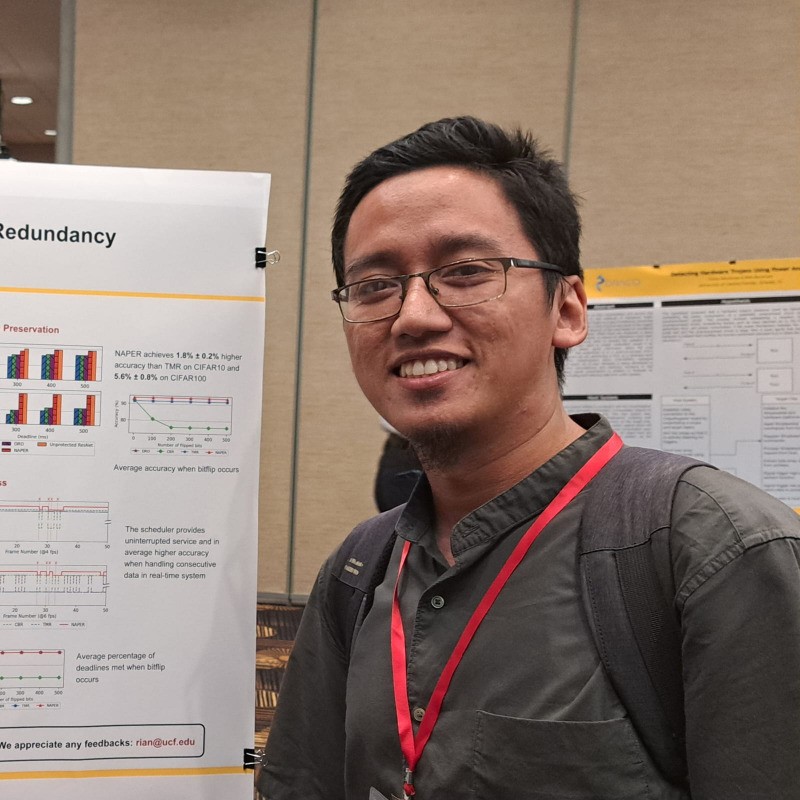
Rian Adam Rajagede PhD Student, University of Central Florida Rian is a PhD student at the University of Central Florida, researching Secure and Reliable Machine Learning. He is also a Lecturer at Universitas Islam Indonesia (currently inactive during PhD study). He has various ML project experience in Indonesia including developing an Automatic Essay Scoring system for the Education Assessment Center at the Ministry of Education and Culture and creating deep learning-based detection models for Nestle Indonesia's on-shelf product availability monitoring.
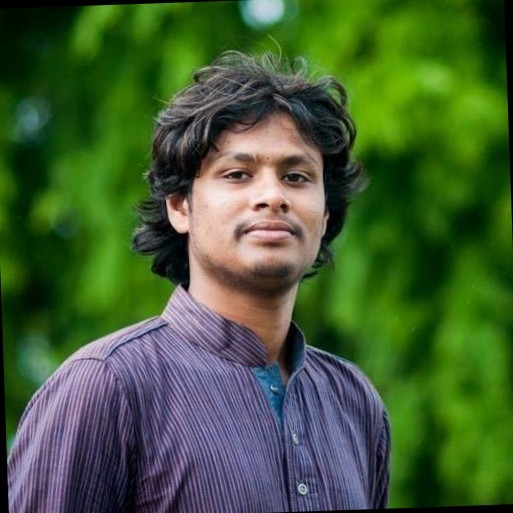
Nasik Muhammad Nafi Postdoctoral Research Associate at Oak Ridge National Lab Nasik Muhammad Nafi is a Postdoctoral Research Associate at Oak Ridge National Laboratory (ORNL). He completed his Ph.D. in Computer Science at Kansas State University under the supervision of Dr. William Hsu. His research focuses on deep reinforcement learning and intelligent visual perception, aiming to build agents that learn from visual input and generalize across task variations through robust representation learning. Nasik’s broader interests include meta-learning, transfer learning, and sequential decision-making in complex environments. His prior experience includes research assistantship at the Knowledge Discovery in Databases (KDD) lab, and internships at DEKA Research and Development and C2FO. He holds an MS from Kansas State University and a B.Sc. in Computer Science and Engineering from BUET. His applied research spans agriculture, sports safety, and disaster response.
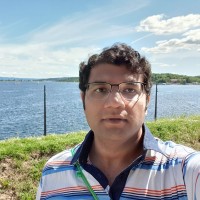
Muhammad Irfan Khan Faculty, Turku University of Applied Sciences Researcher in Health-Tech lab with research focus on Image analysis in distributed optimization, particularly on brain tumor segmentation in federated settings, Publications in MICCAI, ICONIP. Reviewer for MICCAI, ICONIP. Part of organizing team in 3rd Musiml in NeurIPS 2024.

Kamran Soomro Faculty, UWE Bristol, UK Associate Professor (Reader) of Artificial Intelligence in the School of Computing and Creative Technologies at UWE Bristol, UK. Dr Soomro has over 15 years of experience in research and academia. His research interests include the use of ICT technologies for smart cities and urban management, knowledge management, artificial intelligence, big data, and natural language processing. Dr Soomro has previously co-organized MusiML 2024 as well as co-chaired the Fourth and Fifth International Workshops on Smart City Clouds: Systems, Technologies and Applications in 2017 and 2018. Dr Soomro will be participating online.
Workshop Organizing Committee
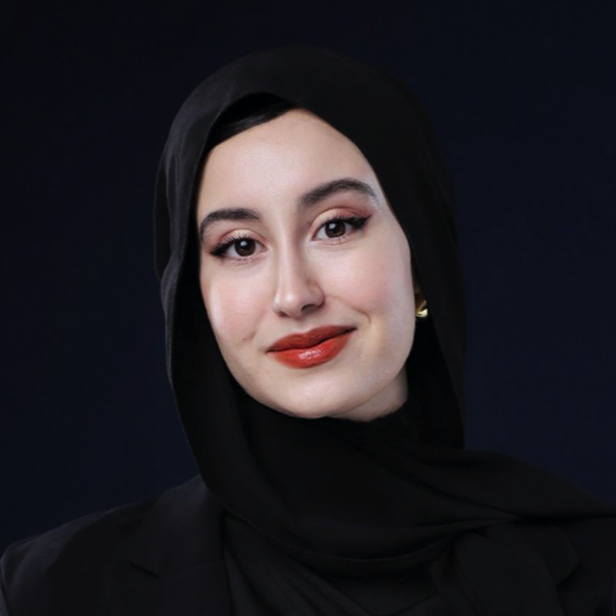
Yousra Farhani PhD Student, INSA Lyon and the École Supérieure d’Informatique, ESI Algiers NeurIPS Workshop Organizing Committee Yousra Farhani is a Quantum Machine Learning and Optimisation researcher affiliated with INSA Lyon and the École Supérieure d’Informatique, ESI Algiers. Recipient of the Quantum Rising Star Award 2024 for Women in Quantum and the prestigious Arab Young Pioneers Award in Quantum Computing.

Shaokai Yang University of Alberta NeurIPS and ICML Workshop Organizing Committee Shaokai Yang is a Postdoctoral Researcher in Physics at the University of Alberta, working under the supervision of Professor Aksel Hallin. His expertise spans deep learning, high energy physics, particle physics, and symbolic regression. Since 2004, he has been engaged in high energy physics research, and since 2012, he has applied deep learning techniques to scientific problems. He has collaborated extensively, including ongoing work with Zhao Dong since 2019. His research focuses on integrating advanced computational methods with experimental and theoretical studies in particle physics.

Maryam Anwer NED University of Engineering and Technology NeurIPS Workshop Organizing Committee Maryam Anwer is a Research Assistant at NED University of Engineering and Technology, specializing in privacy-preserving machine learning, large language models, and cybersecurity. She has over six years of research experience and also serves as a Visiting Lecturer at Karachi University. Maryam holds a Master’s degree in Information Security with an A+ grade from NED University. She has participated in prominent academic events such as the MENA ML Winter School 2025, engaging with leading researchers from institutions like Google DeepMind, QCRI, and HBKU. Her work focuses on advancing secure and ethical applications of AI and machine learning.
Website theme adapted from CIOL Website (GitHub)

